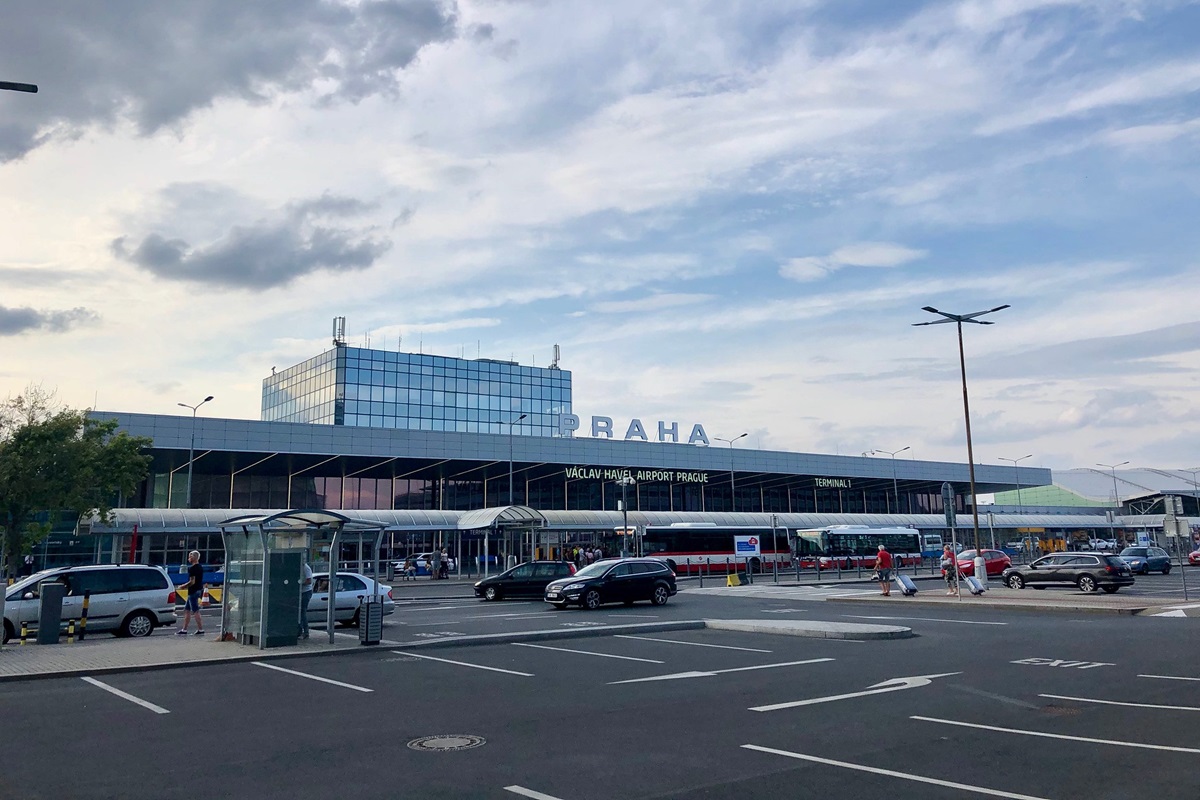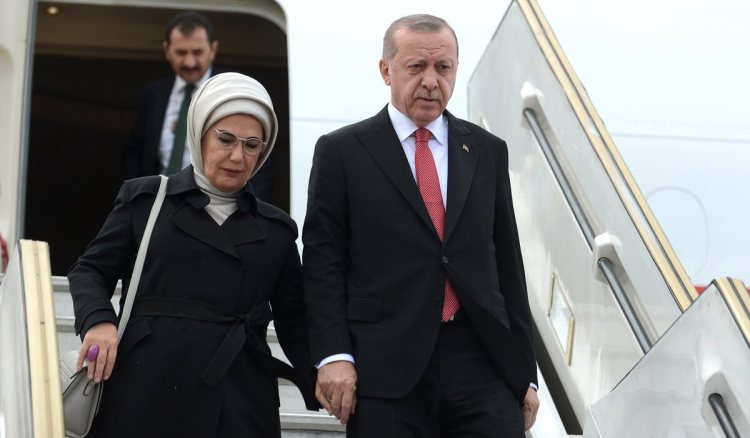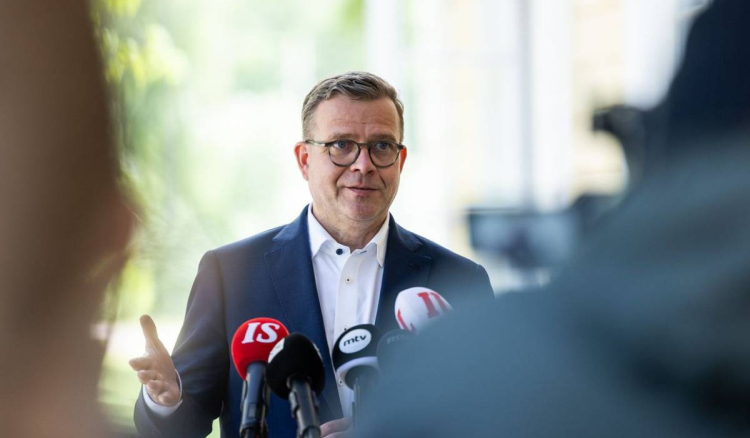
This summer, Václav Havel Airport in Prague announced the launch of air service to 167 destinations, which is 15 routes more than last year. The service of these flights is entrusted to 68 airlines. The airport, awarded the title of the best in Central and Eastern Europe by the “World Airport Awards” in 2007, is expanding its capabilities.
Jiří Pos, the chairman of the board of directors, highlighted that in addition to new routes, the airport is increasing the number of flights on existing directions, including 93 weekly flights to London and 59 to Antalya. The increase in the number of flights also touched Paris, Amsterdam, Milan, as well as improved connection with Barcelona, Oslo, Marseille, and Copenhagen.
The airport's EBITDA operating profit last year reached 3.1 billion CZK, exceeding forecasts by 900 million CZK. A full financial report is expected after the audit in April.
According to Jiří Vyškoč, the director of aviation business development, this summer season will see a 16% increase in passenger seats to 12.8 million, thanks to the use of larger aircraft on some routes, including weekly Qatar Airways and Korean Air flights to Doha and Seoul respectively on Boeing 787 Dreamliner.
The range of destinations to Spain will be the widest with 23 direct flights, followed by Italy and Greece with 20 routes, as well as the United Kingdom and France. Five new carriers will start serving flights, connecting Prague with cities in Uzbekistan, Kazakhstan, Moldova, Israel, and Malta.
The airport plans to expand international communication, including with Asia and North America, launch more than 10 new cafes and restaurants, nine retail outlets. Parking lots and terminals will also be expanded.
Parallel work is underway to improve the trolleybus service to the airport, with technical shortcomings expected to be eliminated before the start of the summer season, while the comfort, capacity, and ecological indicators of trolleybuses have already received high ratings.
Thus, Václav Havel Airport in Prague demonstrates its strategy of increasing the volume and quality of passenger service, actively developing the route network and infrastructure. This promises passengers a wider choice of destinations and improved services, confirming the airport's status as a leading aviation hub in the region.
It should be noted that Europe's main low-cost carrier Ryanair, which also operates flights from Václav Havel Airport in Prague, plans to raise its ticket prices this summer.
This summer, the Irish budget airline Ryanair plans to increase ticket prices by an average of 10%.
Michael O'Leary, head of Ryanair, explained the price increase by restrictions in the global aviation industry, caused by a shortage of available aircraft for European carriers.
He specified that the aircraft shortage is due to delays by the American company Boeing in delivering the new fleet previously ordered by Ryanair. This will lead to a reduction in the number of available seats for passengers and, consequently, to a rise in ticket prices due to demand exceeding supply in the summer period.
It is also worth noting that this year some European cities will introduce a tourist tax for the first time, while others will increase its size.
- Amsterdam will raise the tourist tax to 12.5% of the cost of accommodation, including cruise passengers.
- Paris will triple the tourist tax, reaching 11 euros per night.
- Venice will launch a new tax program in spring 2024, charging a fee daily.
- Valencia will introduce a stay tax in various types of accommodation, ranging from 0.50 to 2 euros per night.
- Barcelona will increase the existing tourist tax by 0.50 euros, to 3.25 euros per night.
- In Portugal (Olhão, Faro, Figueira da Foz), different tourist fees will be introduced depending on the season and length of stay, with exceptions for children and certain categories of guests.
- The United Kingdom will start requiring an Electronic Travel Authorization (ETA) beginning in 2024, imposing fines for non-compliance.
- Madrid is considering the introduction of a tourist tax due to the annual influx of tourists.
- Israel approves plan for phased release of 50 hostages
Israel, with Qatar as a mediator, has approved a plan to release 50 hostages held by HAMAS, including children
- Olaf Scholz: Dialogue with Russia possible under condition of troop withdrawal
Olaf Scholz expressed readiness for negotiations with Vladimir Putin on the condition of the withdrawal of Russian troops from Ukraine and condemned Russian aggression
- The mystery of the BalticConnector pipeline damage is being unveiled
The Finnish police have identified the Hong Kong-flagged cargo ship, NewNew Polar Bear, as the likely cause of damage to the BalticConnector gas pipeline beneath the Baltic Sea













